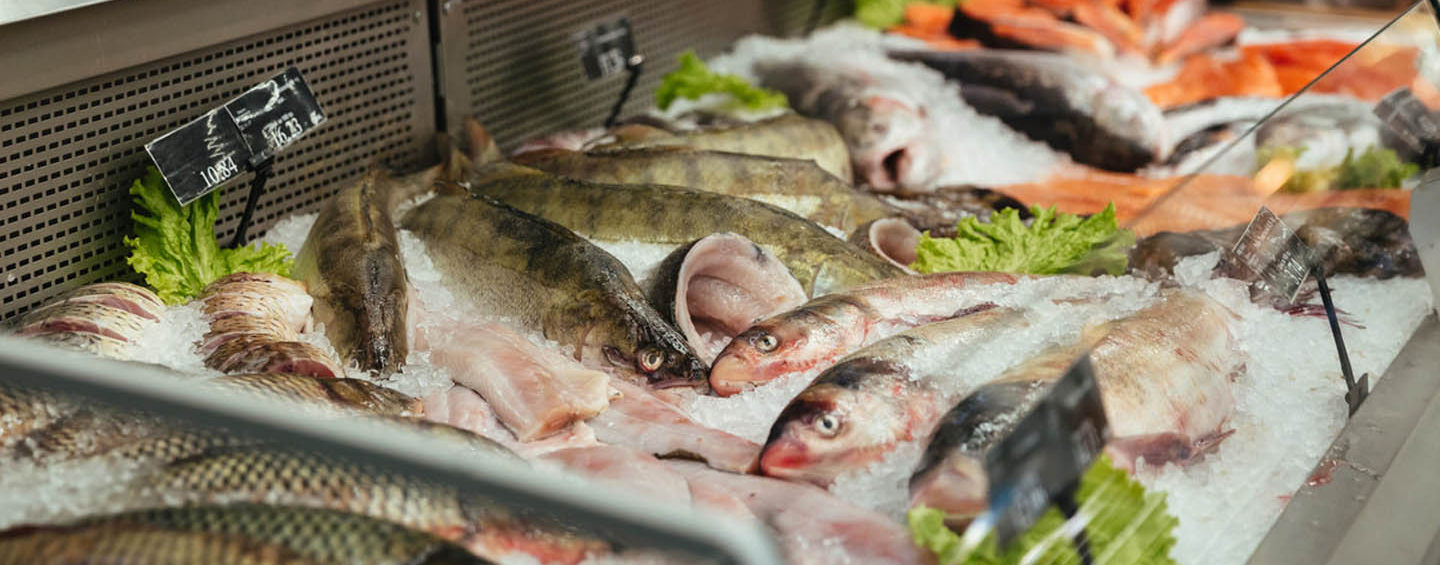Many congratulations are due to Tesco for the announcement last week that they are ramping up their commitment to stock products certified by the Marine Stewardship Council and increasing their focus on sustainable tuna. However, while the headline writers in the media were clearly impressed by the announcement, the most important part of the story was relegated to the lower paragraphs; because Tesco is not just applying its sustainable sourcing policies to its own tuna, it is also going to apply them to the branded goods that appear on Tesco shelves. The second act of the sustainable seafood drama is about to begin….
When I worked as a wild-eyed young campaigner back in the early days of the sustainable seafood movement, I spent a good deal of time talking to retailers about adopting greener procurement policies. The supermarkets were enthusiastic (especially after we hung a banner from the roof of their HQ), but it was always made clear that any discussion could only focus on their own brand products and the contents of the fresh fish counter. It was driven home that retailers would never impose sustainability criteria on independent, branded goods. In fact, the point was made so forcibly that I completely accepted it; but I realize now that I threw in my cards too soon. Tesco has changed the rules and environmental groups everywhere will be revising their strategies accordingly.
Although Tesco is arguing that its new position is driven by “the importance of a collaborative industry effort to ensure globally sustainable tuna,” there’s actually no reason why the new approach should be limited to tuna species. If the principle holds true – that retailers don’t want to sell unsustainable seafood, their own brand or others’ – then sustainability polices must apply to all seafood on supermarket shelves. This opens up a completely new front for campaign groups who will be quick to engage retailers in a dialogue around branded products on their shelves that were previously ignored. That includes branded tinned fish, pet food, fish oils, etc. – a long list.
And there’s no reason why this new approach will be limited to Tesco. Only two days had passed after the Tesco announcement before Greenpeace was targeting Waitrose and asking that they follow suit and remove branded tuna products that did not meet their sustainability requirements. Greenpeace won’t stop until all of the UK retail market has followed the Tesco lead. And then it will apply its focus to Europe, the United States, and so on. Other environmental groups will also sense the opportunity and want to start engaging retailers around the branded seafood products that they sell. A whole new front has been opened up in the grand drama of sustainable seafood. All credit to Tesco for astonishing industry leadership, but stand by for some interesting times ahead.

